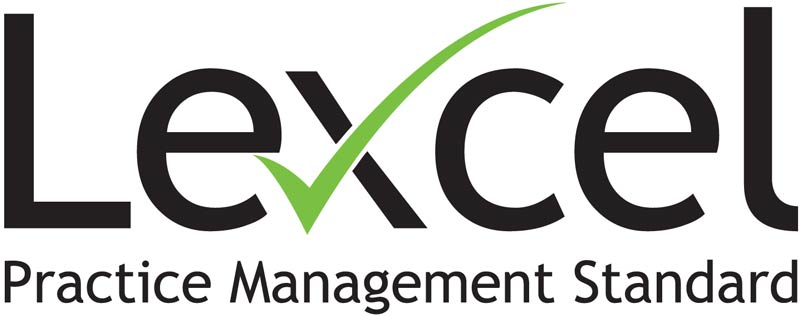There can often be confusion surrounding the need for a Grant of Probate and it is one of the first questions people ask when someone dies.
What is Probate?
Firstly, a Grant of Probate is a court order confirming who is legally entitled to administer an estate.
There are different types of Grants:
Grant of Probate
If a person dies with a valid Will, the Grant required to administer that person’s estate is known as a Grant of Probate. To apply for this Grant, you must be named as an executor in the Will.
Grant of Letters of Administration
If a person dies without a Will, the Grant required to administer that person’s estate is known as a Grant of Letters of Administration. To apply for this Grant, you must fall within the criteria of persons entitled to apply under legislation known as the ‘Statutory Intestacy Rules’.
Other types of Grants may be required in more unique circumstances and if in doubt, you should always seek legal advice from a qualified legal professional before making an application.
A Grant provides the relevant financial and government institutions with confidence that the person or persons they are handing money or assets, such as property, over to are the authorised persons as confirmed by the Probate Registry.
Do I need Probate?
Whether you need probate depends on the type of assets held in the estate.
For assets held in the deceased’s sole name, institutions may allow release of the funds held without a Grant of Probate depending on their own internal requirements and thresholds. These requirements are different within each institution; some may allow release of funds without a Grant provided the amount held is under £50,000, whereas others may only release if the amount held is under £10,000.
If there is no Will, institutions will most likely require sight of the Grant of Letters of Administration first because there is no Will to confirm who the executors are.
If a property is in the estate, the Land Registry will require sight of the relevant Grant and it cannot be sold or transferred without it.
If there are assets held jointly, such as a joint bank account or a property owned as ‘joint tenants’, these assets do not pass under the Will or Statutory Intestacy Rules. Instead, they will pass automatically to the surviving owner or owners of that asset in accordance with the ‘Law of Survivorship’.
How long does Probate take?
The Probate Registry’s official timescale for processing a Grant application is currently 16 weeks. Applications used to be processed within 10 days, however, this is no longer the case.
The time it takes to obtain probate can be extended if there are additional complexities. For example, you can expect the process to take longer where there is no valid Will and/or an Inheritance Tax Return to HMRC is required.
How much does Probate cost?
The current Probate Registry fee is £300 with an additional £16 fee for each additional copy of the Grant that is required.
There is no application fee if an estate is less than £5,000 in value.
If you require assistance from a legal professional to make the application, the cost will depend on the complexity of the application.

Resealing a Grant of Probate
If someone dies overseas but has assets located in England and Wales, you are required to go through the legal process of resealing a grant of probate in order to release them the UK assets – our experienced probate solicitors can help with this process.
How can Scott Bailey LLP help?
During this difficult time, we work sensitively and efficiently to minimise stress for you and will provide you with the tailored advice and legal support you need.
We can tailor our services to be involved as much or as little as you like, including:
- Dealing with the entire estate on your behalf – we can take on all the steps to obtain the Grant and reduce your role to overseeing the general administration while we do all the legwork.
- Taking on selected aspects of the estate (often the more complex parts).
- Just obtaining the Grant– we can complete the inheritance tax return based on figures you have obtained, and submit the application to the probate courts, before returning the Grant to you so that you deal with the assets and distribution yourself.
- Providing you with ad-hoc advice to help you through the process.
If you require advice and assistance, our skilled and experienced Wills, Trusts and Probate Solicitors are here to help and support you. Contact Scott Bailey for a more detailed quotation for the help you need.










